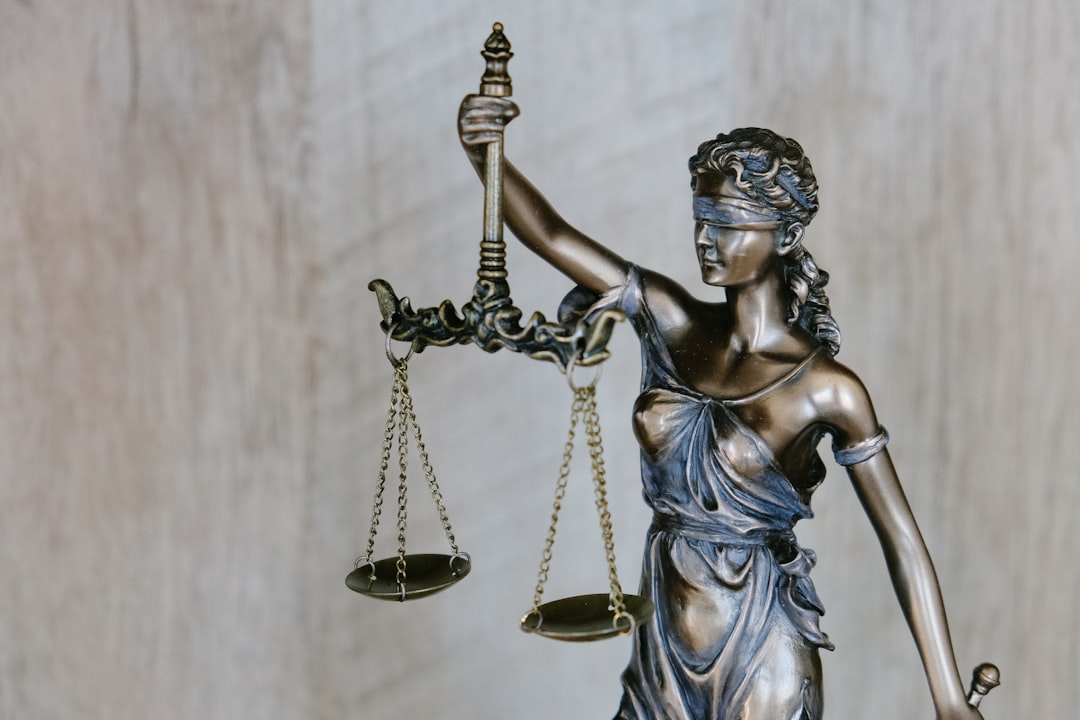The rise of Web3 and Decentralized Autonomous Organizations (DAOs) presents a fascinating, and frankly, daunting legal landscape. The very nature of these technologies – decentralized, pseudonymous, and globally accessible – challenges traditional legal frameworks designed for centralized, identifiable entities. Navigating this new terrain requires a careful understanding of existing laws and a proactive approach to anticipating future regulatory developments.
One of the primary legal hurdles is defining the legal personality of a DAO. Are they partnerships? Corporations? Something entirely new? The lack of a clear legal classification leads to uncertainty regarding liability, taxation, and governance. This ambiguity can deter participation and investment, as potential members and contributors hesitate to engage with entities whose legal standing is unclear.
Jurisdictional issues further complicate the picture. A DAO’s operations may span multiple countries, raising questions about which jurisdiction’s laws apply. Enforcement becomes a challenge when participants are geographically dispersed and operate under pseudonyms. International cooperation and harmonization of legal frameworks are crucial to establishing a more predictable and stable environment.
Intellectual property rights are another area of significant concern. The decentralized nature of DAOs can make it difficult to establish clear ownership and licensing of code, data, and other intellectual property assets. This can lead to disputes and litigation, hindering innovation and collaboration. Clear guidelines and best practices are needed to manage IP rights within the DAO ecosystem.
Data privacy and security are paramount. DAOs often handle sensitive user data, requiring robust security measures and compliance with relevant data protection regulations such as GDPR. Transparency is a core principle of many DAOs, but it must be balanced with the need to protect user privacy and prevent the misuse of data. A careful consideration of data governance practices is essential.
Beyond the immediate legal challenges, the long-term implications of Web3 and DAOs require careful consideration. Regulatory bodies worldwide are grappling with how to integrate these technologies into existing legal frameworks without stifling innovation. A balanced approach is necessary, one that fosters responsible development while mitigating potential risks.
The path forward involves collaboration between legal professionals, technologists, and regulators. The development of legal frameworks tailored to the specific characteristics of DAOs is crucial. This could involve creating new legal structures or adapting existing ones to accommodate the decentralized nature of these organizations. Education and awareness are also critical; both DAO participants and regulators need to understand the intricacies of these technologies to navigate the legal complexities effectively. The journey will be challenging, but charting a clear legal course through the decentralized world of Web3 and DAOs is essential for unlocking their full potential.









